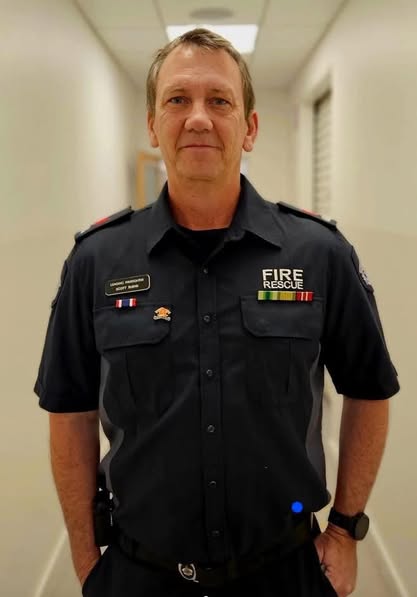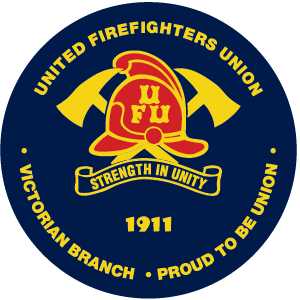Scott Burns – Leading Firefighter Shepparton
Medic, Operation Habitat, Australia’s contribution to the multinational response known as Operation Provide Comfort, 1991.
Operation Habitat – Humanitarian aid to the Kurdish refugees in northern Iraq.
Following the Gulf War in 1991, up to four million people became refugees when the Iraqi army moved to crush the Kurdish independence movement in northern Iraq in 1991.
As part of an international relief effort, the Australian Army mounted Operation Habitat, sending 75 specialised personnel to give aid to the refugees. The Australian contingent was located at Gir-i-Pit, 30 kilometres north of Dohul.
Leading Firefighter, Scott Burns from Lucas, served as one of the 75 specialised personnel. Scott recalls caring for the Kurdish refugees, who were in tents located on the side of the road or in destroyed villages. Poor water supply and poor sanitation presented a pathway to infectious diseases, particularly diarrhoea which at one stage had a death rate of 13.5/1000. Australia’s personnel assisted more than 3,000 patients, many which were paediatric.
Writing in the Medical Journal of Australia, two of Scott’s comrades Mark Little and Jonathon Hodge, note that those that served with Operation Habitat were greeted with kindness and generosity wherever they went. The Kurds could hardly believe that soldiers from so far away had come to assist them in their moment of need.
As Operation Habitat concluded, life was returning to normal with the Kurds returning to their farms, rebuilding their villages, opening their businesses, and sending their children back to school.
Life as a Firefighter
Following serving in Operation Habitat LFF Burns became a Paramedic prior to becoming a Fire Fighter.
Scott notes that skills he developed during his service have been an asset in his current role as a Leading Fire Fighter. Skills such as working collaboratively in small teams, agility and quick decision making have been carried over from Scott’s time in the Army to the Fire Rescue Service. Scott also points to the benefits of experiencing comradery and unity in both the Army and in the Fire Service.
We understand that Scott’s asset of being a medic in such a unique situation as experienced in Operation Habitat is greatly appreciated on EMR calls.
Scott’s defence experiences have helped in being a peer support in FRV and he notes that this time of year can be challenging for our returned brothers and sisters and their families. Support is available through FRV health and well-being and Open Arms.
We thank Scott for sharing his story in the lead up to ANZAC Day and recognise all those who served Australia and now serve their community as Fire Fighters.

